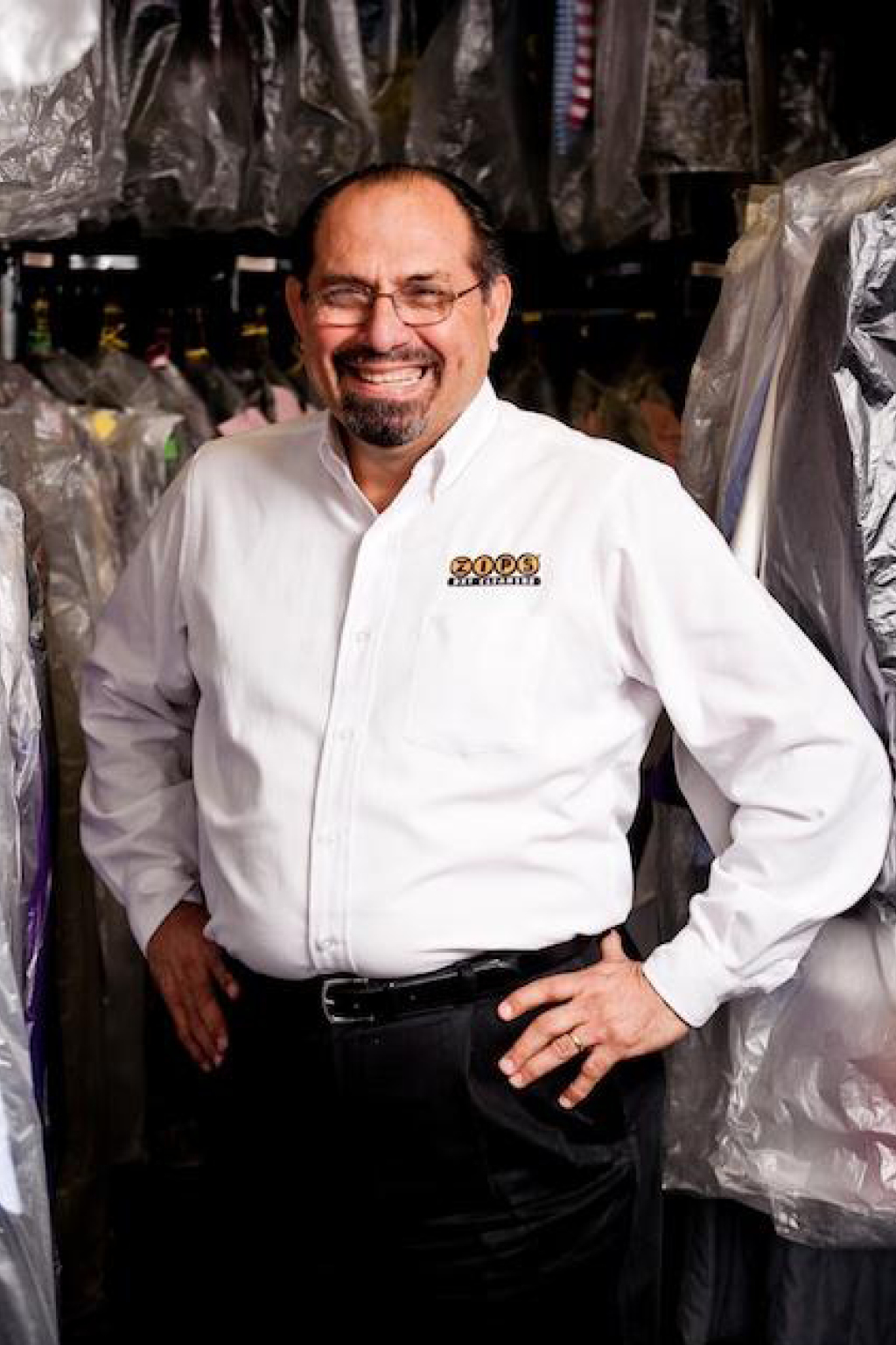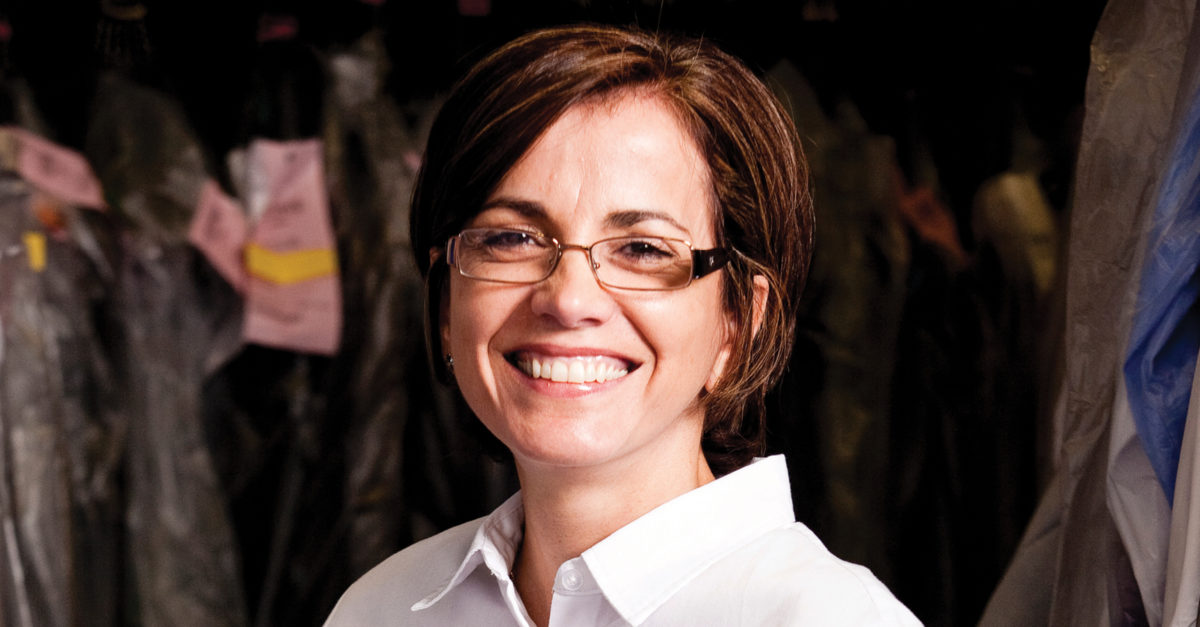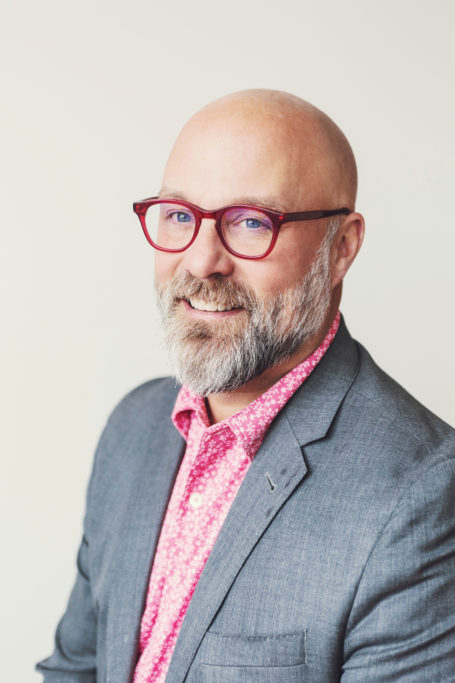Is Owning a Franchise Right for You?
Franchising is looking up, according to the International Franchise Association. It predicted that the industry would experience a 2.2 percent growth in 2022 over the prior year, equaling over 792,000 franchise operations nationally. It was also anticipated that this growth would create more jobs, increase wages, and add billions of dollars to the GDP.

Angel and Ann Marie Ramos, owners of ZIPS Cleaners franchises, share their experiences and what life is like as franchise owners.
How did you come to own a franchise?
In 1999, we had an opportunity to become a dry-cleaning operator with a chain in Maryland called Dryclean Depot, which also had twelve other operators. The chain owner offered us a lease deal to run the operation (in essence, we were working for him) with the option of purchasing our store in two years based on its gross sales, which we did. In 2001, along with the other chain operators, we decided to standardize our operations and change the name to ZIPS Cleaners. We created a board of directors and basically functioned like a franchise without the actual incorporation. Five years later, we officially converted ZIPS Cleaners into a franchise. At the time, the idea was a revolutionary one—provide a dry-cleaning service that offers same-day pick-up and also brand ourselves as the $1.99 dry cleaner.
What’s the best part of owning a franchise?
It’s been great to be a stakeholder, both as a franchisor and franchisee. We’ve been so fortunate to not only have a wonderful support system in place from the franchise itself but also have all the legwork done for us, including the training processes, marketing campaigns, and overall operational systems—we did not have to re-create the wheel. And now, twenty-plus years later, we own two of the sixty-seven ZIPS Cleaners nationally.
What has been the most challenging aspect of owning a franchise?
Because we wear multiple hats as a franchisor and franchisee, we always want to be sure we are doing what’s good for both sides. It’s a tricky balance for sure. The biggest challenge was the first two years; the days were very long because we worked every day from open to close. It was also very difficult not spending time with our children, who were only ten and eleven years old when we started, but we knew that this was the best way for us to provide for them in the long run.
You recently raised your prices due to COVID-19. How did this price increase affect the franchise’s messaging and brand?
We knew we had to make price adjustments due to the increase in supply costs and the difficulties with the supply chain as a result of COVID. We did a small price increase a while back but finally increased our price per garment to $2.99. And, yes, we were definitely concerned about how our customers would react, but after explaining the reasons for the increase, our customers understood, and we were surprised that there was no pushback. I wish we had raised them sooner, but with having the opinions of fourteen different franchisees to consider, it took time to come to an agreement.
What do you look for in a potential buyer?
We have a committee that performs due diligence for that. The committee checks to make sure the potential buyer has financial capability and stability and that a viable business plan is in place. Also, if the buyer wants to open a new location, it must meet certain franchise requirements. They must also understand that it’s a huge undertaking and what it takes to make a franchise successful.
What advice would you give to someone who wants to buy an existing franchise?
Regardless of the business, you must be 100 percent committed, have an entrepreneurial spirit and strong work ethic, and be willing and able to work long hours. Our advice is that you should also know why the current franchise owner is selling and that they can prove the business has been on a successful track. Also, shadowing the current owner will help shed light on how the franchise works in real time.
What are the costs and royalties?
Start-up costs and royalties vary widely from franchise to franchise. It’s important to know what the franchise fees cover. For example, do the fees include all your advertising and marketing costs? What support is available if you run into a problem? These fees are usually a percentage of your monthly revenue, so it’s important to know what to expect up front.

What are the risks of franchising?
Most people sink a good portion of their savings into the purchase of a franchise. If it turns out that the business is not right for them, it could be devastating. You also have to be prepared to wait months before you break even, so doing due diligence is absolutely critical.
If you could do it all over again, would you?
Most definitely. This was a great opportunity for us to make a good living here in America and provide for our children. Granted, the early years were extremely difficult, but we wanted to give our kids whatever we could; we knew this wouldn’t have been possible if we remained in El Salvador. For us, it is truly the American dream.
As a husband-and-wife team, we have found ways to make it work even with our diverse backgrounds and personality differences. We are respectful of one another and have always viewed ourselves as a team and equals.
Experts in the franchising business recommend the following steps if you are thinking about or have decided to purchase a franchise:
- Take your time, and do your due diligence.
- Check into the corporation’s systems to be sure it has a robust and clear description of its company, expectations, products, and systems.
- Read through the Franchise Disclosure Document (FDD), which provides an in-depth look into the business’s financial performance. Make sure the business’s valuation is accurate, there is a proven track record of sales, and there is a return on investment before you proceed with the investment. Also, ask the current owner why they are selling, and determine if there are any red flags.
- Explore your financing options and what your buy-in will be. This includes the start-up costs, monthly fees and what they cover, and support systems that are available to you as a franchise owner.
- Select a location that has foot traffic, is easily accessible, and has other businesses in the area that will complement your business and attract the customers you are looking for.
The opportunities for franchise ownership are vast. Whether you choose to purchase one from an existing owner or buy the rights for a new location, having a complete understanding of the benefits, risks, and financial commitments will be key to making it a successful endeavor.









